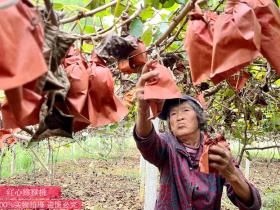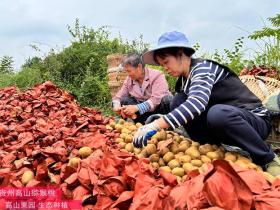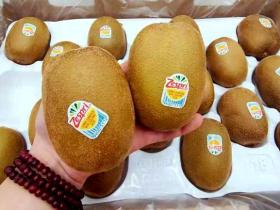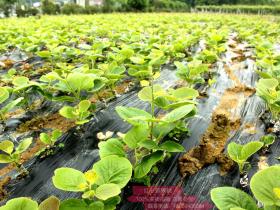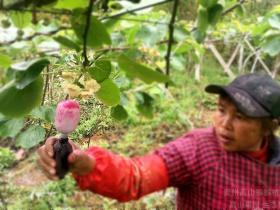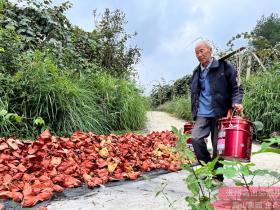Soft rot caused by Botryosphaeria dothidea leads to massive economic losses in the kiwifruit industry. Natamycin is a natural antimicrobial preservative that effectively prevents postharvest decay and preserves fruit quality. However, the ability to control kiwifruit soft rot and potential antifungal mechanisms have not been explored. In this study, the inhibitory impact of natamycin against soft rot caused by B. dothidea, as well as its putative action mechanisms were investigated. The results indicated that 2 mg L−1 natamycin effectively inhibited mycelial growth and spore germination of B. dothidea in vitro. Natamycin caused B. dothidea hypha to shrink and deform, along with vacuolation and plasmolysis in hypha cells, as observed by scanning electron microscopy (SEM) and transmission electron microscopy (TEM). Likewise, natamycin stimulated the accumulation of reactive oxygen species (ROS) in the hypha. The inhibition effect of natamycin on B. dothidea inoculated in kiwifruit was dose-dependent, with 500 mg L−1 natamycin significantly decreasing the incidence of soft rot to 35%. Furthermore, natamycin induced disease resistance in kiwifruit tissue by activating the antioxidant enzymes superoxide dismutase (SOD) and catalase (CAT), increasing the antioxidant compound total phenol, maintaining a low level of malondialdehyde (MDA), and repressing the activity of four cell wall degrading enzymes, as well as gene expression of β-galactosidase (β-Gal) and polygalacturonase (PG). Further field research revealed that pre-harvest treatment combined with the postharvest natamycin application significantly reduced the natural decay incidence of kiwifruit while having no negative effect on soft-ripe quality. In conclusion, our findings proved that natamycin has an antifungal effect on B. dothidea and may be applied as a safe preservative to reduce soft rot.
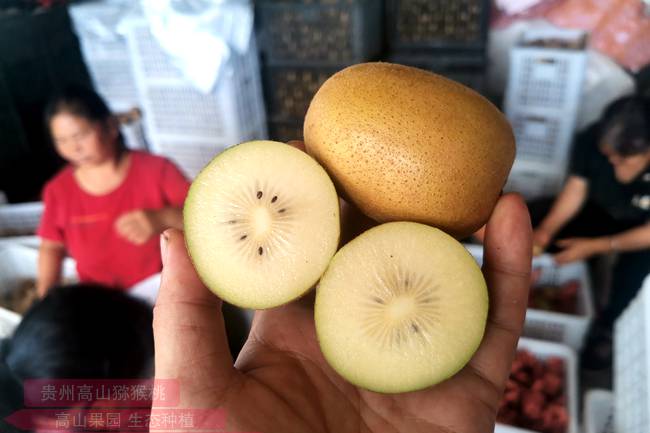
▲yellow kiwi plants
多蒂葡萄孢菌引起的软腐病给猕猴桃产业造成了巨大的经济损失。纳他霉素是一种天然抗菌防腐剂,可有效防止采后腐烂,保持水果质量。然而,控制猕猴桃软腐病的能力和潜在的抗真菌机制尚未探索。在本研究中,研究了纳他霉素对由点孢双歧杆菌引起的软腐病的抑制作用及其可能的作用机制。结果表明,2 mg L−1.纳他霉素在体外能有效抑制点孢双歧杆菌的菌丝生长和孢子萌发。扫描电子显微镜(SEM)和透射电子显微镜(TEM)观察到,纳他霉素引起点孢双歧杆菌菌丝收缩和变形,以及菌丝细胞中的空泡化和质壁分离。同样,纳他霉素刺激菌丝中活性氧的积累。纳他霉素对接种在猕猴桃上的B.dothidea的抑制作用呈剂量依赖性,剂量为500 mg L−1纳他霉素显著降低软腐病发病率至35%。此外,纳他霉素通过激活抗氧化酶超氧化物歧化酶(SOD)和过氧化氢酶(CAT),增加抗氧化化合物总酚,维持低水平的丙二醛(MDA),抑制四种细胞壁降解酶的活性,诱导猕猴桃组织的抗病性,以及β-半乳糖苷酶(β-Gal)和多聚半乳糖醛酸酶(PG)的基因表达。进一步的田间研究表明,采前处理结合采后施用纳他霉素显著降低了猕猴桃的自然腐烂率,同时对软熟品质没有负面影响。综上所述,我们的研究结果证明纳他霉素对点孢双歧杆菌具有抗真菌作用,可以作为一种安全的防腐剂来减少软腐病。
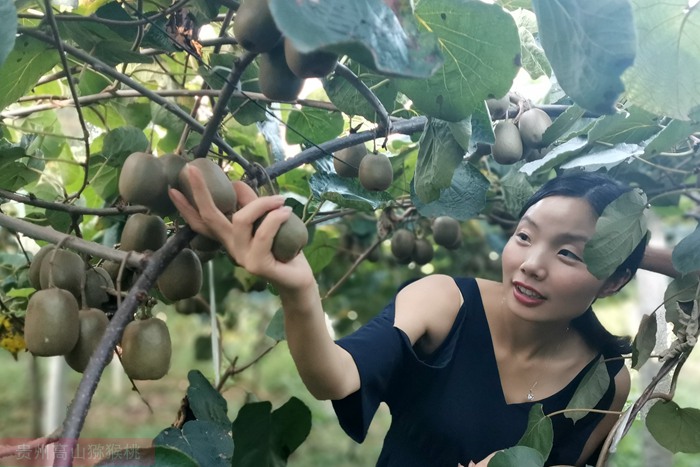
▲奇异果▲
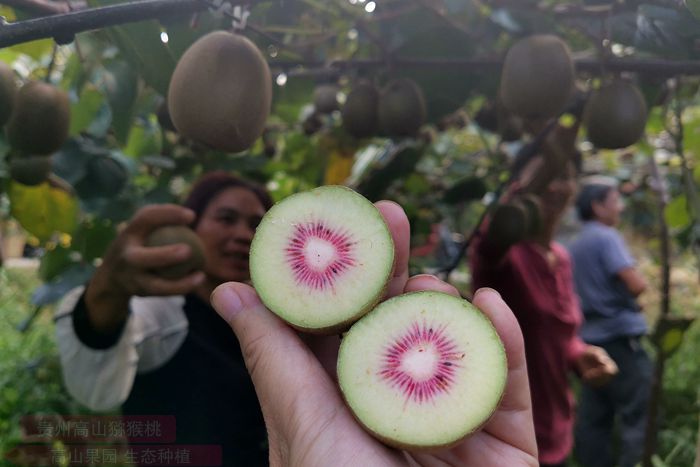
▲红心猕猴桃▲
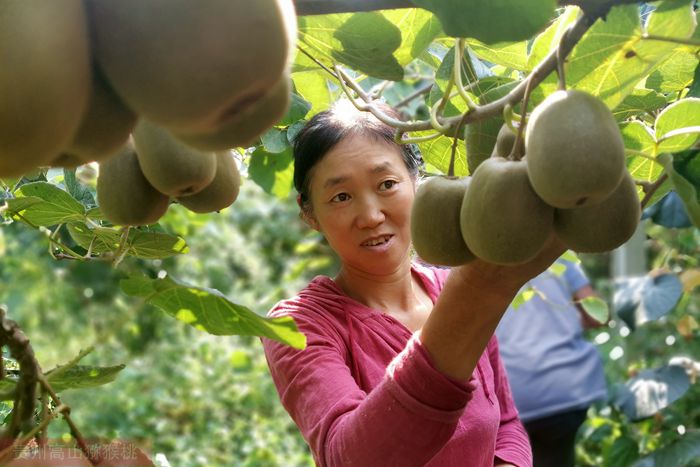
▲猕猴桃▲
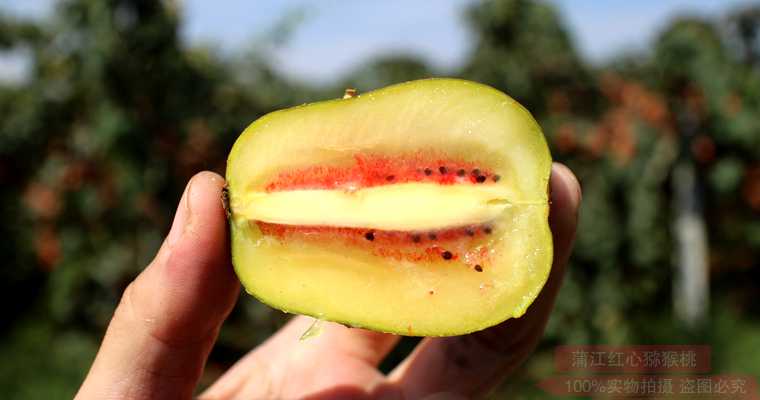
▲redkiwifruit▲
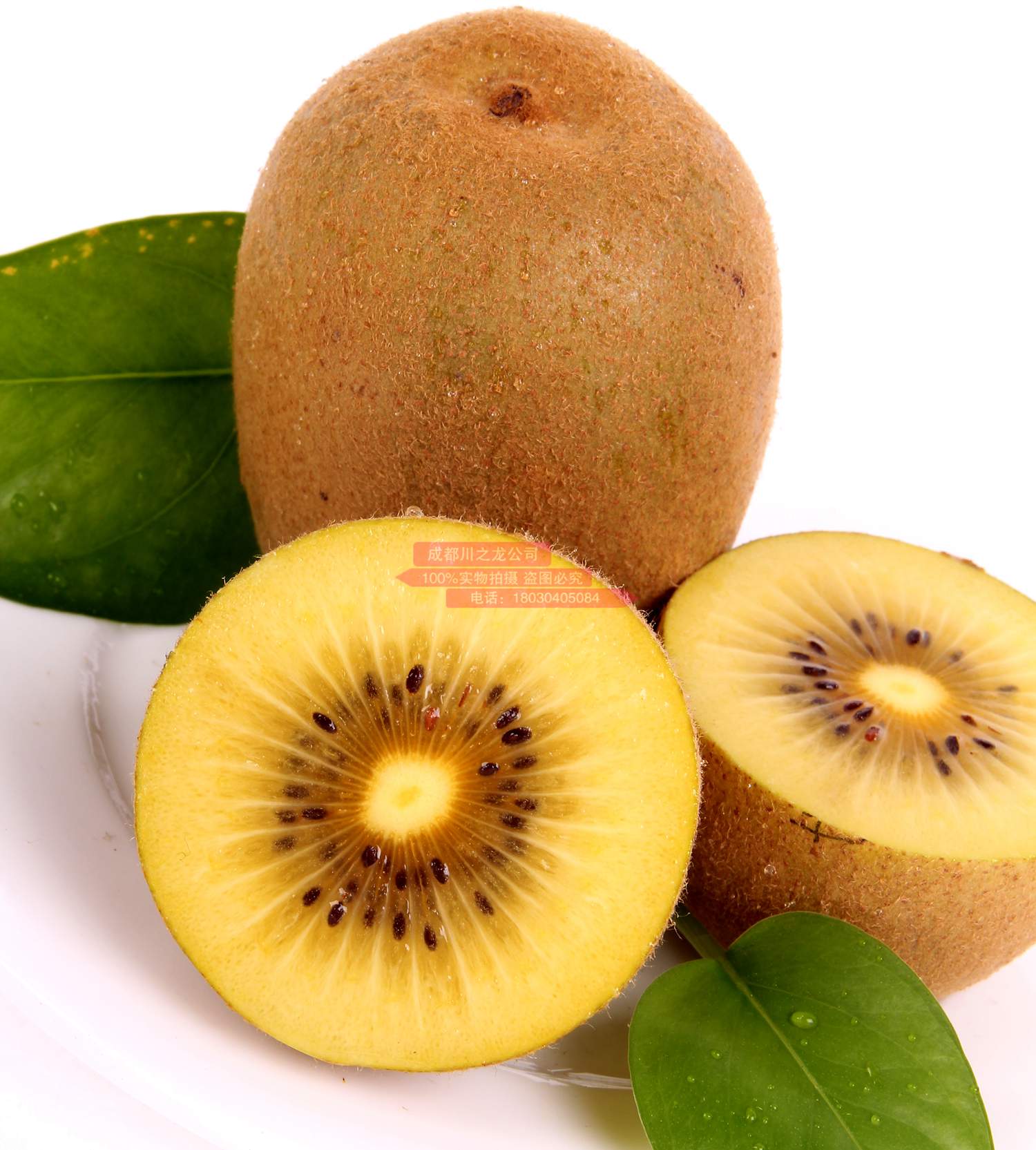
▲kiwifruit▲
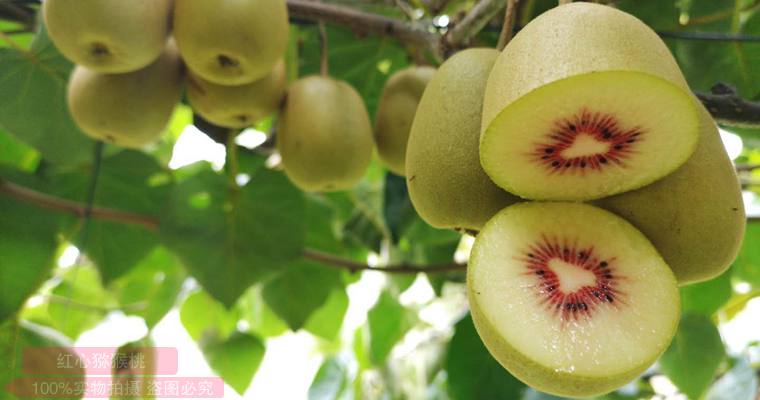
▲redkiwifruit▲
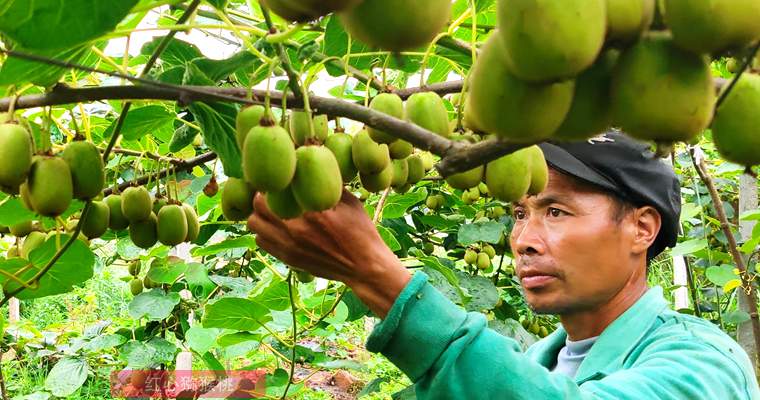
▲redkiwifruit▲
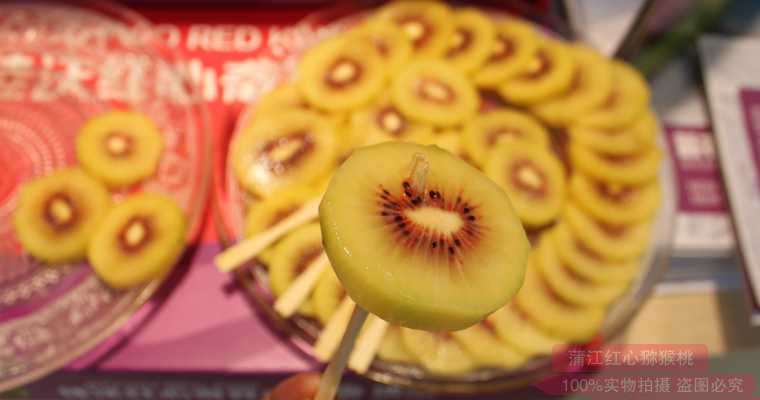
▲redkiwifruit▲
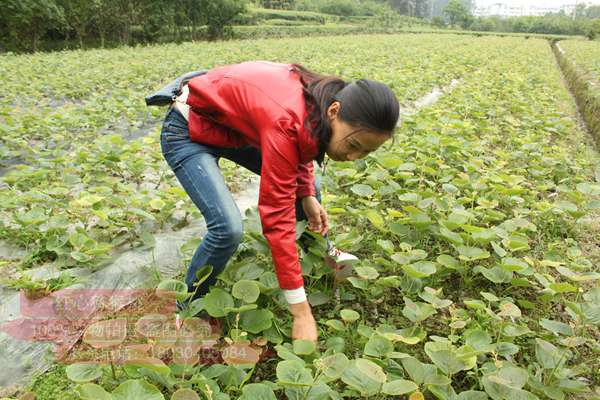
▲Golden kiwifruit▲
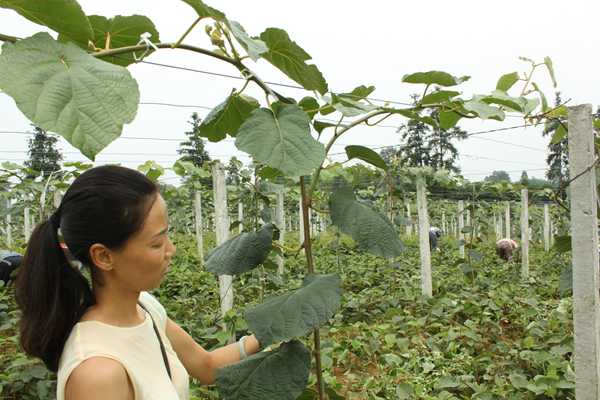
▲Kiwi sapling▲
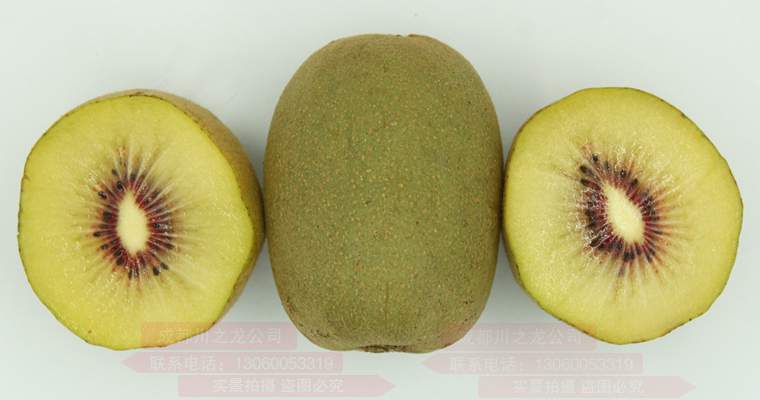
▲redkiwifruit▲
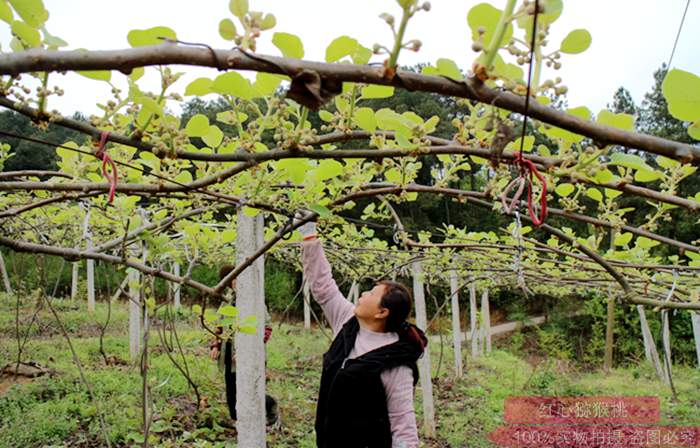
▲Kiwifruit planting▲
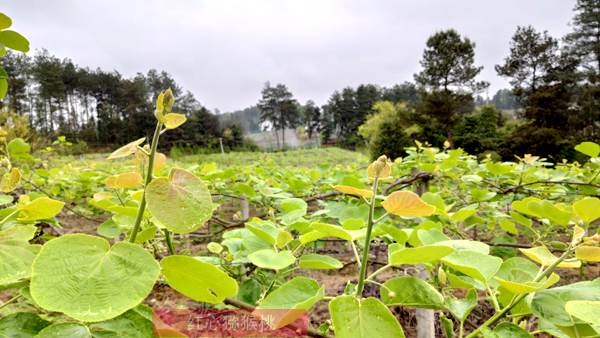
▲Kiwi orchard▲


